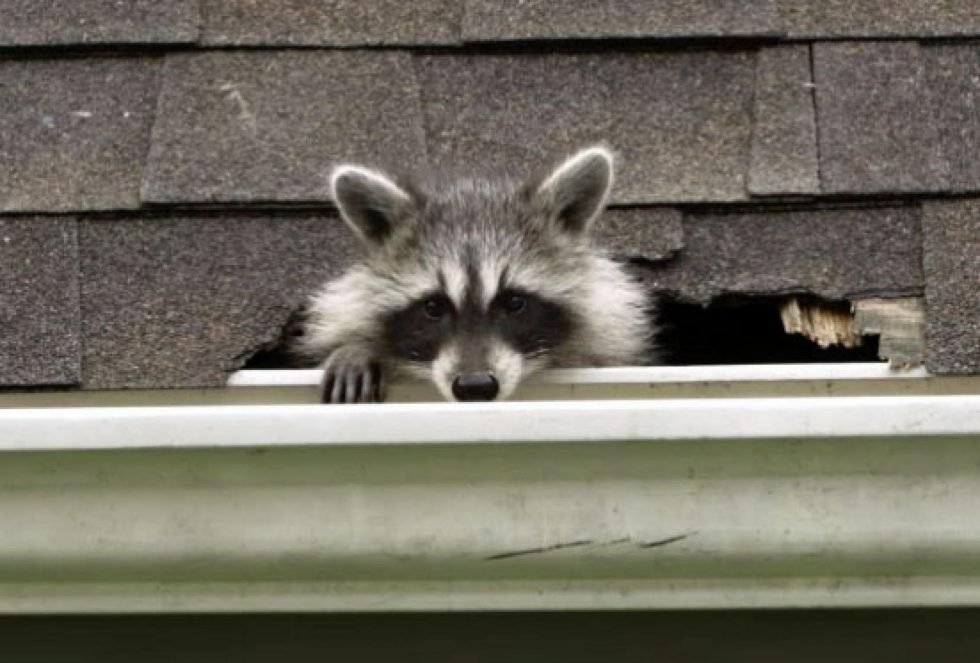
Introduction
Raccoons are fascinating creatures known for their mischievous behavior and masked faces. They have become quite popular in various viral videos, showcasing their intelligence and curiosity. In this article, we will explore some commonly asked questions about raccoons in videos and provide insightful answers.

1. Why are raccoon videos so popular?
Raccoon videos have gained immense popularity due to their entertaining and relatable nature. These videos often showcase raccoons' cleverness, problem-solving skills, and adorable antics. People find joy in watching these videos and sharing them with others.
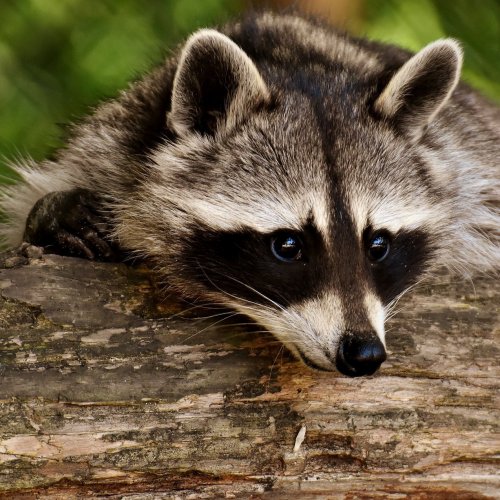
2. What are some common themes in raccoon videos?
Raccoon videos cover a wide range of themes, including raccoon encounters with humans, raccoons interacting with other animals, raccoons exploring new environments, and raccoons attempting to solve puzzles or open containers. These themes add diversity and excitement to the videos.

3. How do raccoons react to being filmed?
Raccoons are naturally curious creatures, so they often react positively to being filmed. They may exhibit playful behaviors, approach the camera, or display their intelligence by trying to figure out the device. However, it is important to maintain a safe distance and not disturb or harm the raccoons while filming.
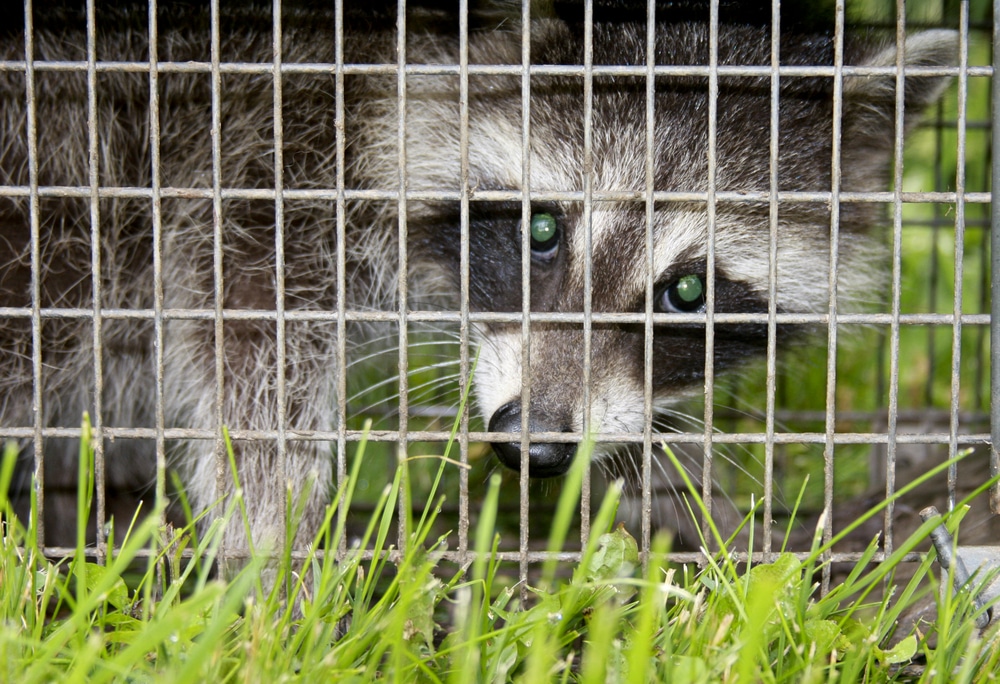
4. Can raccoons understand human commands in videos?
Raccoons have a high level of intelligence and can learn to associate certain sounds or gestures with specific actions. While they may not fully understand human language, they can be trained to respond to commands or cues through positive reinforcement. This ability is often showcased in raccoon training videos.

5. Are raccoons dangerous when featured in videos?
Raccoons are generally not aggressive towards humans, but they can become defensive if they feel threatened or cornered. It is crucial to remember that raccoons are wild animals and should be treated with caution. When featured in videos, it is essential to prioritize the safety of both humans and raccoons involved.

6. What are some precautions to take while filming raccoons?
When filming raccoons, it is important to maintain a safe distance to avoid any potential harm or disturbance to the animals. It is also recommended to film from a concealed location or use zoom lenses to prevent raccoons from feeling threatened. Respecting their space and natural behavior is crucial.

7. Can raccoons be kept as pets?
Raccoons are wild animals and are not suitable to be kept as pets. They have specific dietary and environmental needs that are challenging to replicate in a domestic setting. Additionally, raccoons can carry diseases that can be transmitted to humans. It is best to appreciate raccoons from a safe distance.
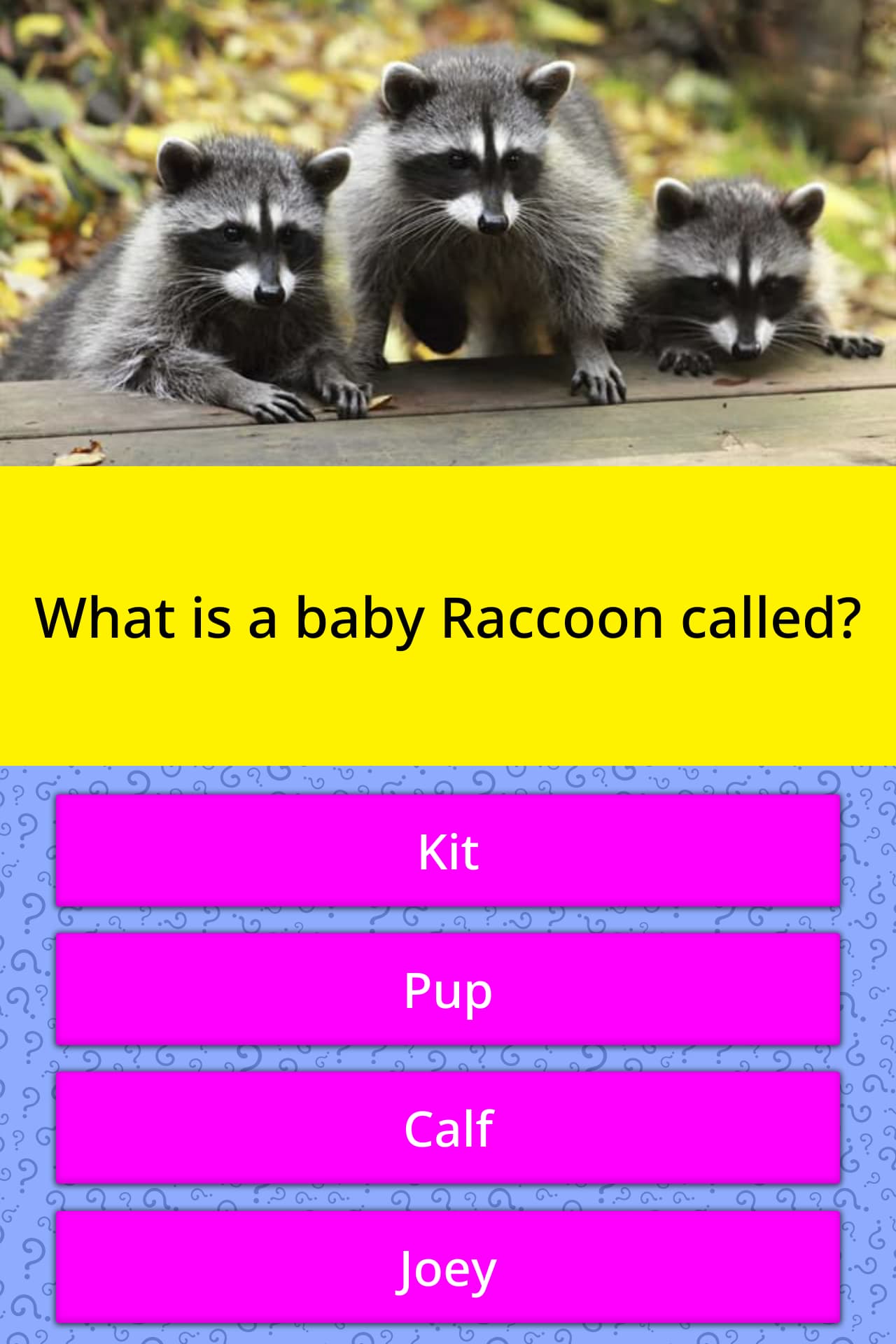
8. How can I help raccoons in my area?
If you want to support raccoons in your area, there are several steps you can take. Providing a clean and secure food source, such as a raccoon-specific feeder, can help prevent them from scavenging in trash cans. Additionally, creating natural habitats with trees, shrubs, and water sources can contribute to their well-being.

9. Are raccoon videos educational?
Raccoon videos can be educational as they provide insights into raccoon behavior, intelligence, and adaptability. By observing their interactions and problem-solving skills, viewers can gain a better understanding of these creatures' unique abilities. Educational raccoon videos often promote awareness and appreciation for wildlife.
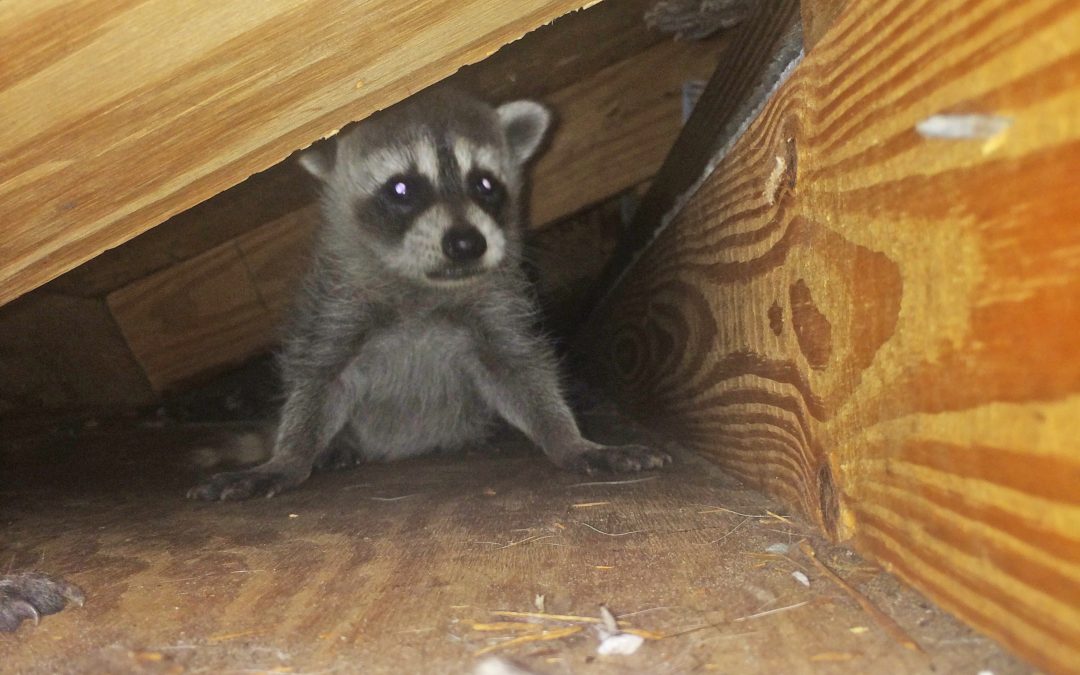
10. Can raccoons recognize themselves in videos?
Raccoons do not possess self-recognition abilities like some primates or dolphins. Therefore, it is unlikely that they can recognize themselves in videos or mirrors. However, they can recognize familiar individuals of their own species through scent and other sensory cues.
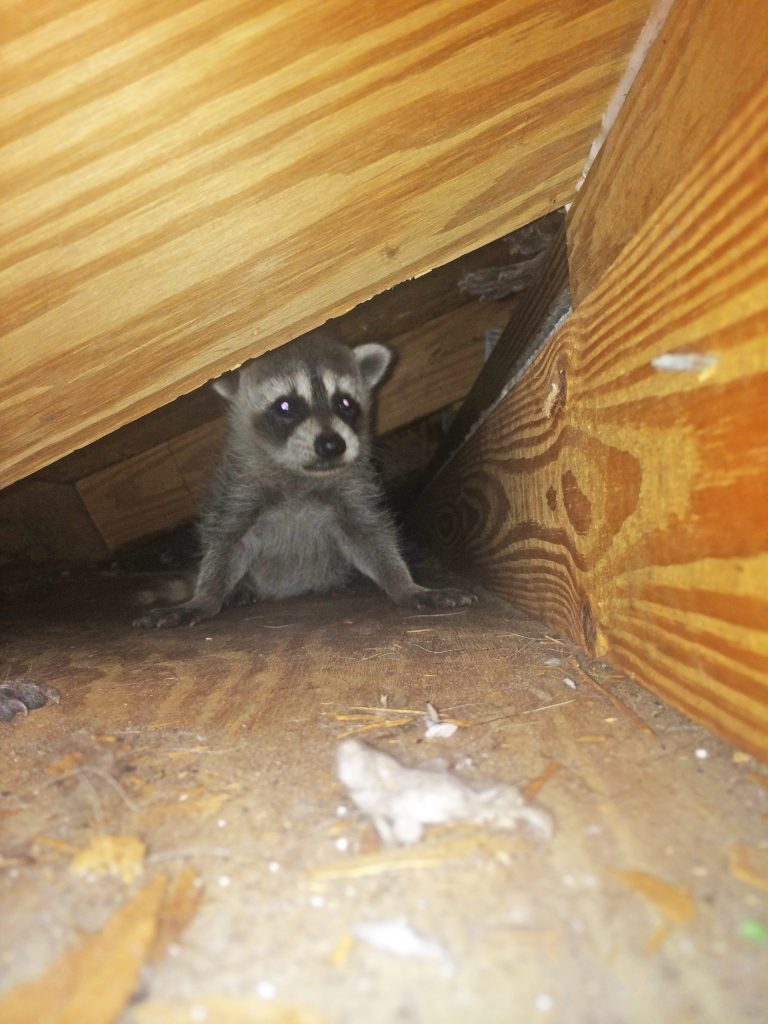
11. What are some famous raccoon videos?
There are numerous famous raccoon videos that have gained millions of views and shares. Some popular examples include raccoons stealing food from bird feeders, raccoons solving complex puzzles for treats, and raccoons interacting with domestic pets. These videos continue to captivate audiences worldwide.

12. Can raccoons swim?
Raccoons are excellent swimmers. They have partially webbed feet, which allow them to paddle efficiently through water. Swimming is a natural ability for raccoons, and they often use it while foraging for food in aquatic environments or escaping from predators.
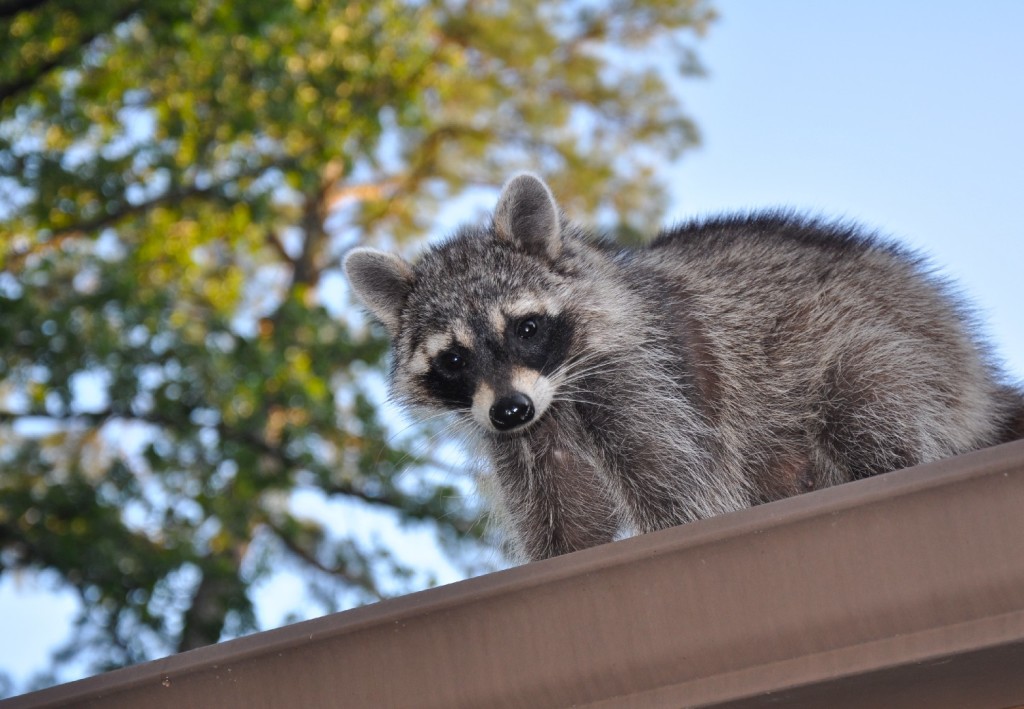
13. How do raccoons communicate in videos?
Raccoons communicate through a combination of vocalizations, body language, and scent marking. In videos, their communication can be observed through various vocal sounds, such as chittering, purring, growling, and hissing. They also use tail movements, postures, and facial expressions to convey messages to other raccoons and humans.

14. Are raccoons nocturnal?
Raccoons are primarily nocturnal animals, meaning they are most active during the night. However, they can also be active during the day, especially in areas with abundant food sources or when caring for their young. Raccoons' adaptability allows them to adjust their activity patterns based on their environment.

15. Can raccoons open locks in videos?
Raccoons have nimble paws and impressive dexterity, allowing them to manipulate objects and open certain locks. In videos, raccoons are often seen skillfully unlocking latches, containers, or even doors. Their innate curiosity and problem-solving abilities contribute to their success in such endeavors.
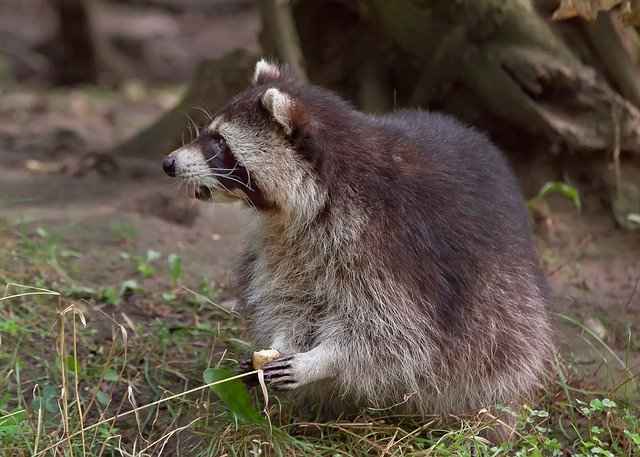
16. What should I do if I encounter a raccoon while filming?
If you encounter a raccoon while filming, it is essential to maintain a safe distance and avoid any sudden movements that may startle or provoke the raccoon. Respect their space and observe them from afar without interfering with their natural behavior. Remember, the well-being of both the raccoon and yourself is paramount.

17. Can raccoons be trained to perform tricks in videos?
Raccoons can be trained to perform certain tricks or tasks through positive reinforcement techniques. However, it is important to note that training raccoons requires expertise, time, and resources. Raccoons are not as easily trainable as domesticated animals, and their wild instincts may still influence their behavior.
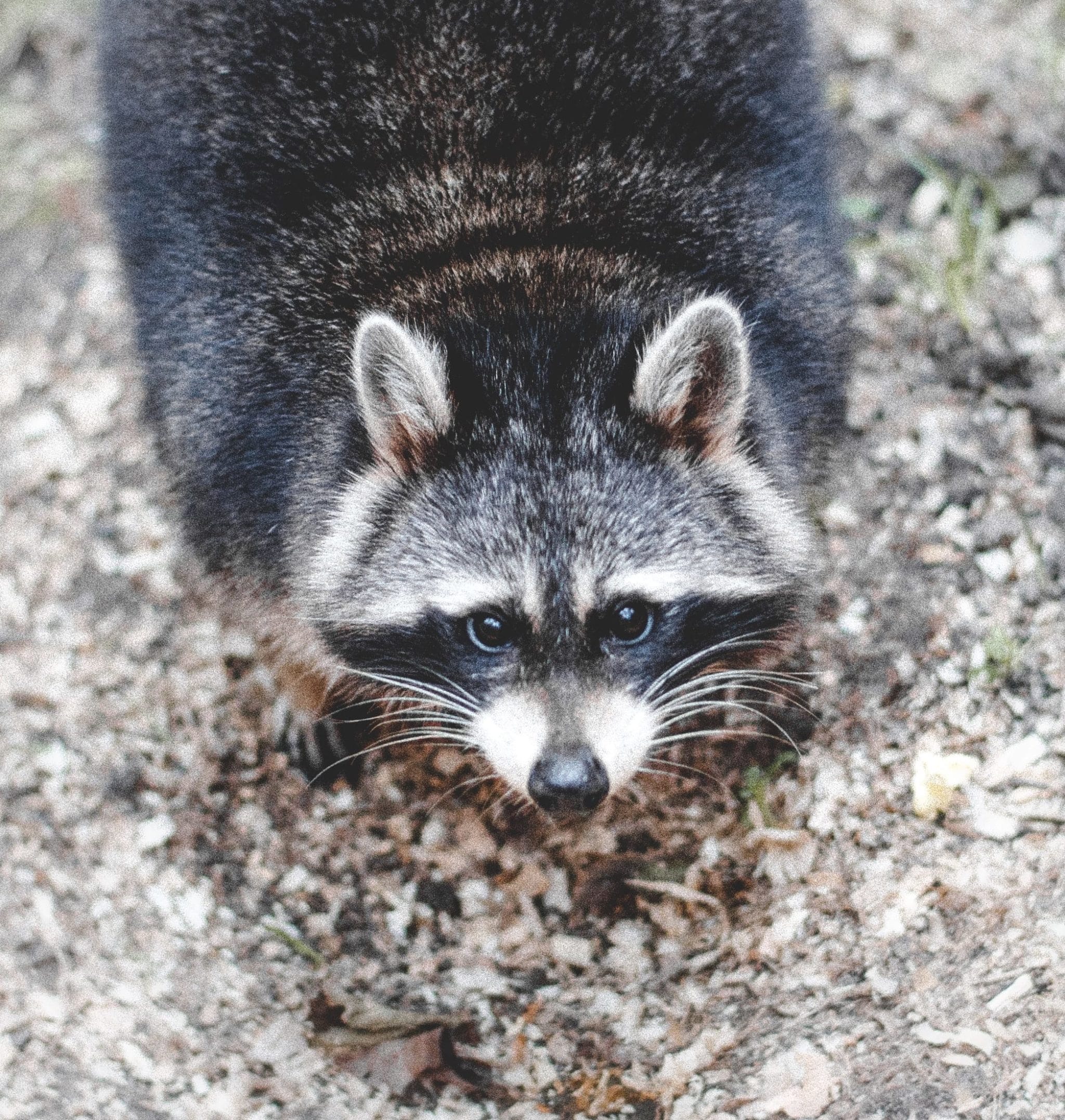
18. Are raccoons solitary animals?
Raccoons are not strictly solitary animals. While they often forage and hunt alone, they can also live in small family groups called nurseries. Female raccoons may raise their kits together for a certain period before they become independent. However, they are generally more independent compared to social animals.

19. Are there any legal restrictions on filming raccoons?
Legal restrictions on filming raccoons may vary depending on your location and the specific circumstances. It is advisable to familiarize yourself with local wildlife regulations and obtain any necessary permits or permissions before filming raccoons. Respecting wildlife laws and guidelines is crucial for their protection.
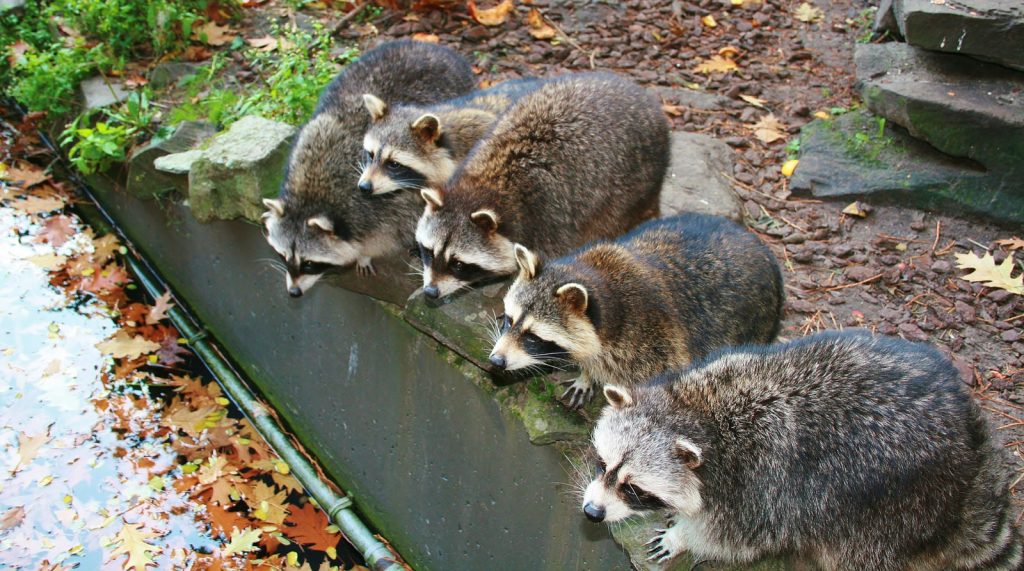
20. Can raccoons recognize humans in videos?
Raccoons can recognize familiar humans through repeated interactions and associative learning. They may become accustomed to certain individuals who provide them with food or frequent their surroundings. However, their recognition is primarily based on sensory cues rather than visual recognition alone.
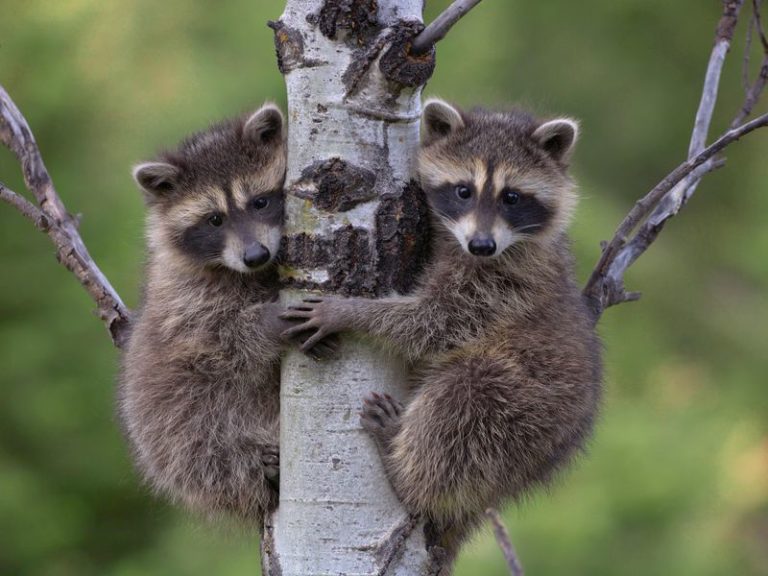
Conclusion
Raccoon videos continue to captivate audiences worldwide, providing entertainment, education, and an appreciation for these intelligent creatures. While watching and sharing raccoon videos, it is crucial to remember to respect their natural behavior, ensure their safety, and promote responsible wildlife interactions. By doing so, we can continue to enjoy these delightful and curious creatures both in videos and in their natural habitats.